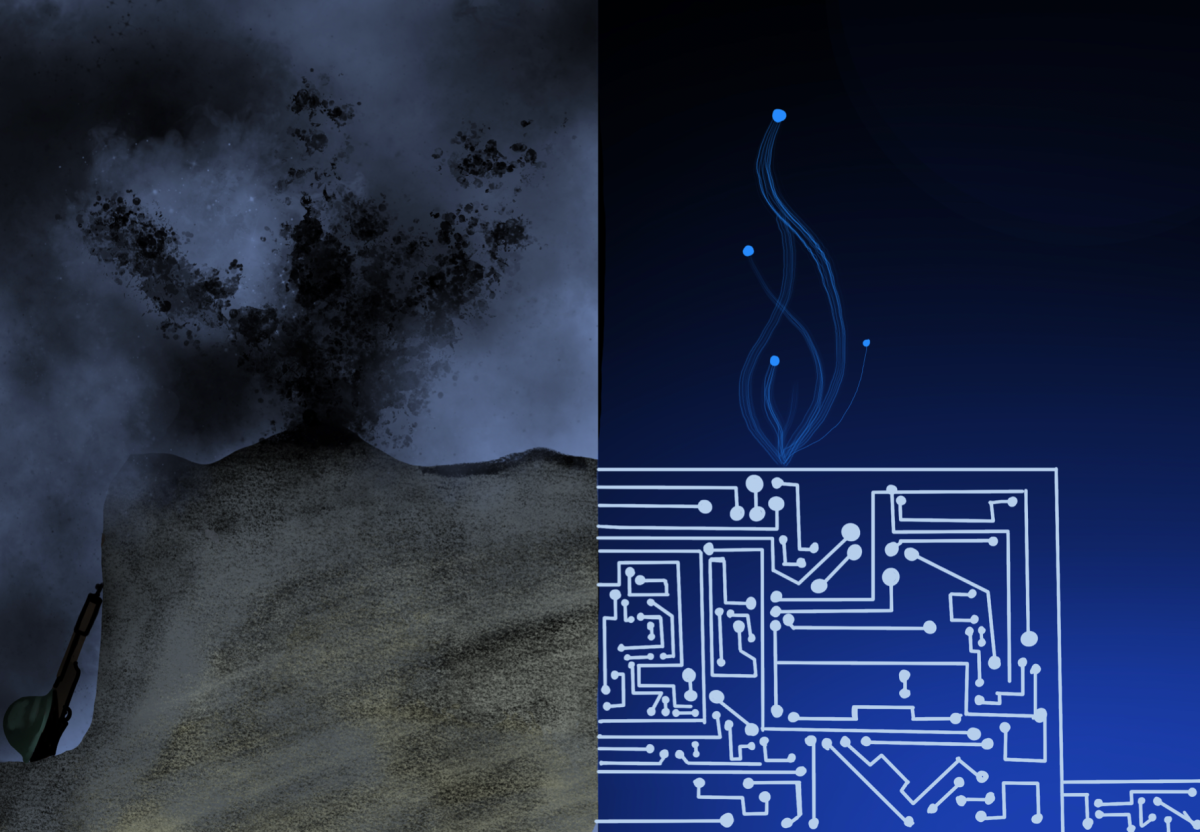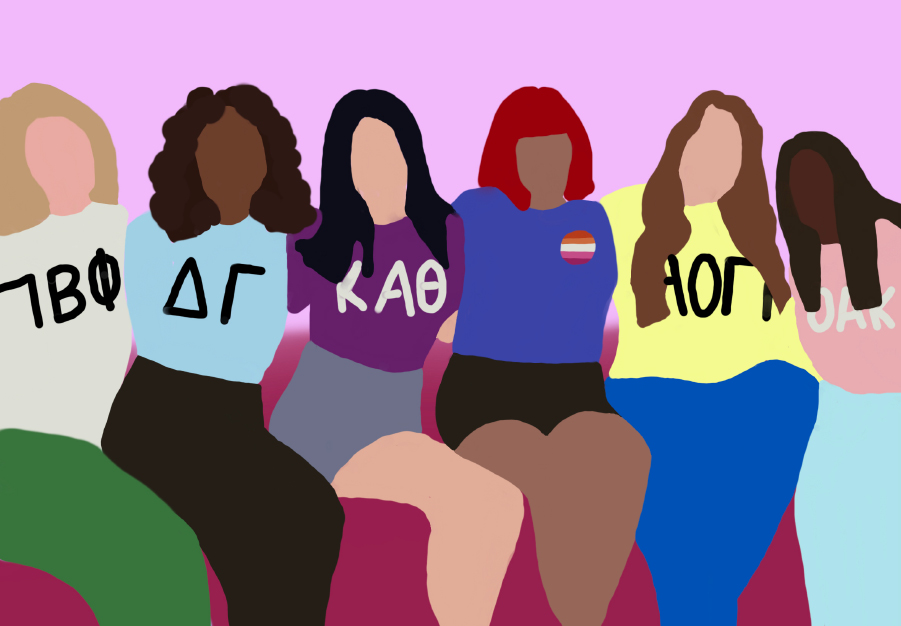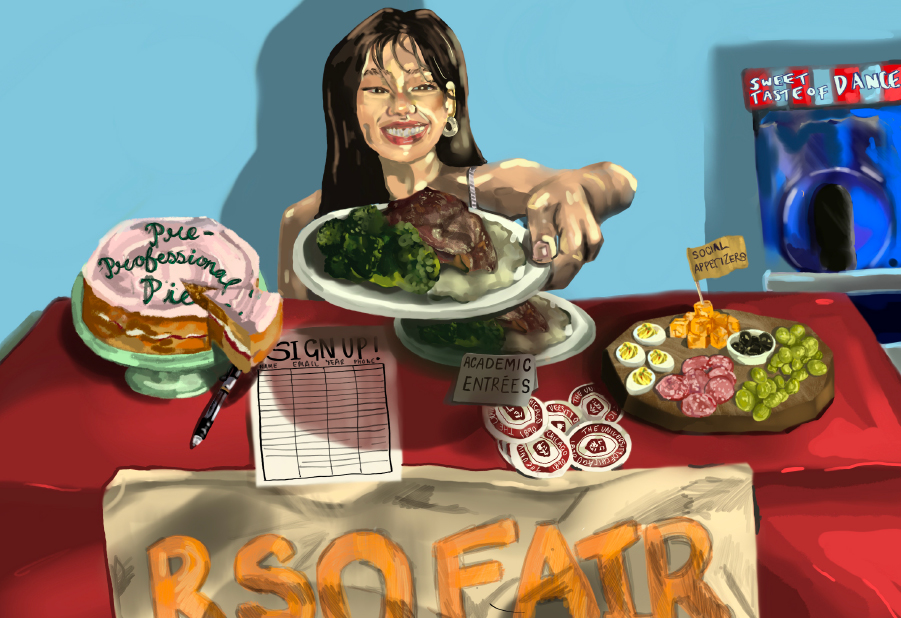Time is borrowed.
It’s also fleeting, limited, and special. At least, for some people. Definitely, for some people.
When you are consistently underrepresented and tokenized in professional and academic spaces, you’re on borrowed time. Your setbacks are anything but small, your words endure so much more public scrutiny, your risks are imputed to the few others who want to follow in your footsteps. Society is unsympathetic to mistakes—especially mistakes from historically undesired and disadvantaged groups.
This burden has always been a great source of consternation for me. Especially as the daughter of Arab, Muslim immigrants from the deepest of the Deep South, there was a lot to be angry about. But, I had to learn to be vigilant and careful in expressing my anger to ensure I was heard. So, I turned to writing. I learned to polish my words so that no one (or, at least very few) misconstrue my intentions. I trained myself to advocate and speak on behalf of my communities in muted tones so that I don’t scare potential allies. I practiced delivering concise messages so my goals and pleas were clearly understood.
Since my high school journalism days, I have always intended for my writing to convey approachability. But more important than that, I have always attempted to be intentional. When you’re on borrowed time, you cannot afford to be anything but intentional. If it is through my writing that people will come to understand me, my faith, my culture, I’ll be damned if I allow my words to be churned into platitudes.
Unfortunately, if journalism, specifically The Maroon, continues to adopt myopic perspectives, toward platitudes is exactly where we’re heading.
At the start of Ramadan, the Islamic month where Muslims fast from sunrise to sundown, I penned a column about Muslim persecution in China. With hundreds of Muslims fasting on campus, I urged students to expand their allyship to Muslims outside the borders of this university. My column was rejected by The Maroon because it supposedly, as I was told, did not have a link to students, campus, and Chicago.
It was finals week for law students, so I feigned indifference. Yet, this rejection very much troubled me. For starters, it is relevant that millions of Uyghurs in China are subject to collective punishment, restrictions on movement and communications, heightened religious restrictions, and mass surveillance in violation of international human rights law. There is credible evidence that about a million Uyghurs are being held in “re-education” internment camps. They have reportedly been forced to renounce all ties to Islam in order for cultural, religious, and political indoctrination to take place. Accounts of physical and psychological torture, as well as accounts of entire families disappearing, are widespread. My international human rights law professor, Tom Ginsburg, called this one of the current largest human rights violations under international law. Yet, it has sparked little global outrage.
I disagree with The Maroon that this issue is irrelevant because there are no (or few) Uyghur students on this campus. Actually, this issue is especially relevant precisely because there are no/few Uyghur students on campus.
In classes, discussions of human rights violations are reserved only for Muslim-majority countries, never mind this country’s own litany of violations. Professors with no scholarship or even basic understanding of Islamic law feel equipped to provide an explanation of gender discrimination and Islam. As a result of ill-informed professors, dangerous views of Islam and Muslims are widely propagated. Sometimes, students repeat these oft-repeated themes in discussions, as one student did earlier this year when I overheard her explaining why “Islamists” don’t believe in human rights. Even more troubling, I know some students who absurdly think Muslim students here are dangerous, violent, and even terrorists.
You can count the number of Muslim law students at UChicago on your two hands (and the number of Muslim law professors on one finger). We are the students, but somehow we must also be the teachers. We invite speakers, host 300-people iftars (communal dinners during Ramadan), during Ramadan, spend hours over coffee and lunch dates. Muslim students spend so much of our time here attempting to ground and humanize our very real experiences to change the very dangerous perceptions people hold about Islam. For me, this is personal. Four years ago, three Muslim students my age were killed execution style in the Chapel Hill shootings, which was fewer than 10 minutes from where I lived. We went to rival schools, but we were part of one Muslim North Carolina community, gathering at community gatherings, prayers, basketball watch parties, and Ramadan iftars. To say that dangerous views about Islam had nothing to do with the Chapel Hill shootings is an insult to the victims and their families. Since then, I vowed to become more vocal so that no community—not Chapel Hill, nor Chicago, nor China—ever sees the likes of these murders again.
This is why the Uyghur issue is so important to understand. Persecution in China against Muslim Uyghurs is not an anomaly, but rather is deeply intertwined to dehumanization of Muslims we are witnessing across the world. When your empathy spills across borders, but stops when Muslims are the victims, you are contributing to the dehumanization of Muslims, everywhere.
That is what I attempted to convey in my rejected column.
I never want to live in a reality where writing begs obedience. We write to disrupt, to illuminate and advocate, to uncover truths. I never want to lose my intentionality when I write, and I hope UChicago students and The Maroon’s readers never forsake moral honesty and integrity for journalistic comfort.
Leena El-Sadek is a student at the University of Chicago Law School.







